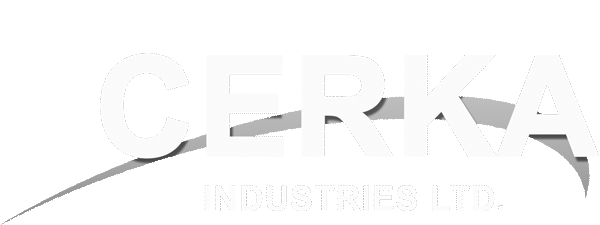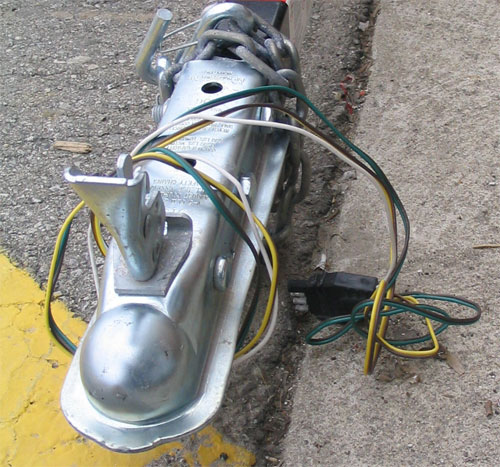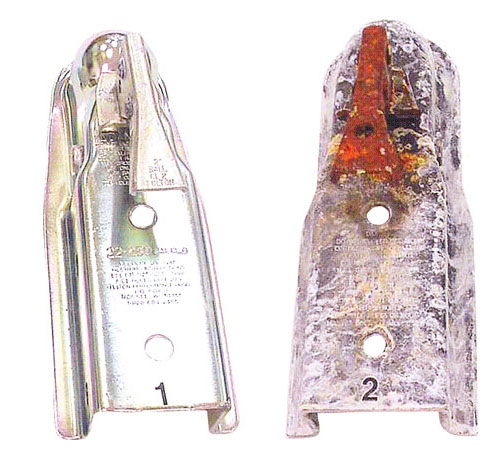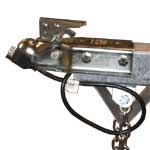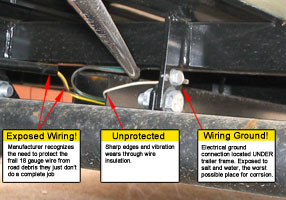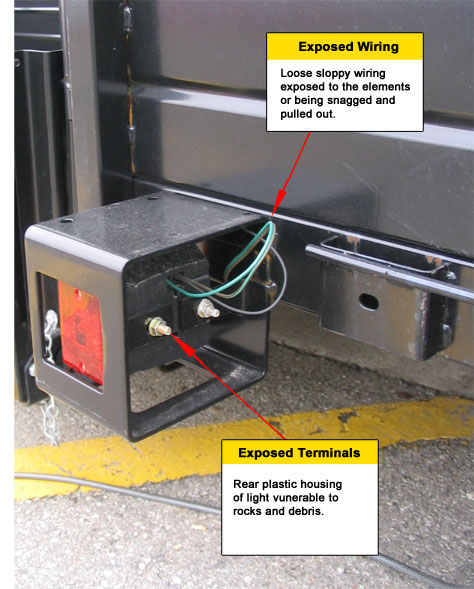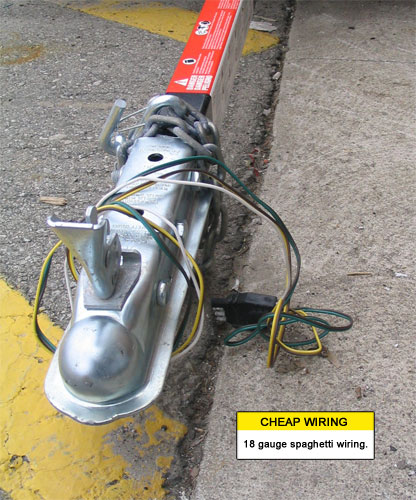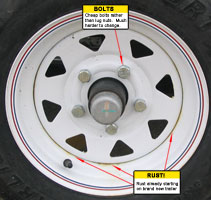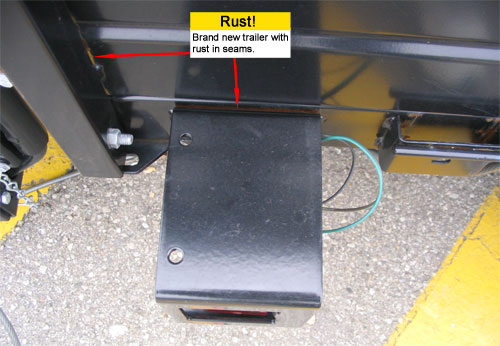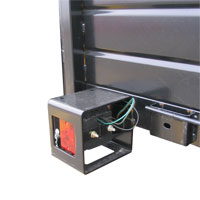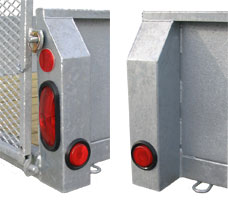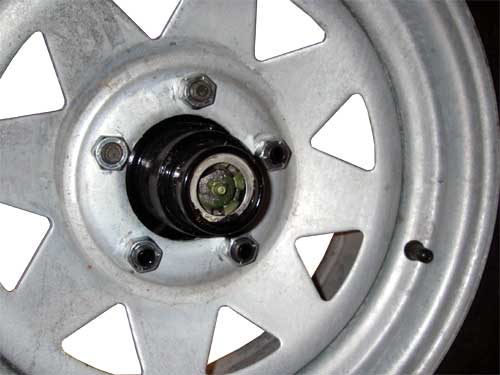Trailer Buying Guide
| There are many factors to consider when buying a trailer. One of the first considerations is to choose an established trailer manufacturer. As with most everything, you usually get what you paid for, so try to choose the best trailer that you can reasonably afford. Deciding on what type of trailer you need for your application will help in narrowing down the manufacturers. What sources of aggravation (wiring, lighting, corrosion and safety) will present themselves? Quality is as important as when buying any other road vehicle, so apply that knowledge and common sense when buying a trailer. TRAILER QUALITY Are quality components used? Examples: Do they utilize Dexter axles? Where parts are available from thousands of locations in North America? Do they utilize Radial or bias ply tires? Radial tires deliver longer life, have fewer flats, lower fuel consumption, improved stability. Do they utilize Goodyear tires? Do they utilize Tubular Frame-rails? What size rails? Do they utilize welded frames for rigidity or bolt together for ease of manufacturing? Is the construction sturdy or does it flex and rattle? Trailers by nature, are subject to greater road damage.
|
TRAILER WIRINGTrailer Wiring can be the most problematic component on trailers. To ensure your trailer is road worthy and safe, it must have properly operating lights. It is the drivers' responsibility and the MTO has been imposing hefty fines in an effort to crack down on unsafe trailers. Wiring considerations to look for:
TRAILER FINISH / CORROSION
TRAILER DESIGN Are features properly designed and built into the trailer or did the manufacturer not spend that time?
Are options used to save YOU or the manufacturer time and money? What will they cost you in terms of money, aggravation and time down the road?
TRAILER MAINTENANCE
LEGAL REQUIREMENTS AND SAFETY As the driver you are responsible for ensuring your load is safe and your trailer meets all legal requirements. Recently the MTO has been enforcing trailer regulations vigorously. With many small manufacturers and cheap imports lighting requirements are not always correctly met. See Federal lighting and equipment location requirements If you plan on hauling more than 3000 lbs, trailer brakes are usually a legal requirement. See Prov./State Trailer Regulations for trailer size limits and brake requirements. Anything heavier than 3000 lbs should be hauled on a tandem axle trailer. Tandem axle trailers tend to track more accurately than single axle trailers over varying road surfaces.
And Finally
Helpful Links MTO Pulling a trailer safely - http://www.mto.gov.on.ca/english/safety/topics/trailer.htm Major causes of lighting failure - http://www.grote.com/tech/maintenance/major_causes.html Tips to prolong equipment lighting - http://www.grote.com/tech/maintenance/tips.html | ||||||||||||||||||||||||||||||||||||||
